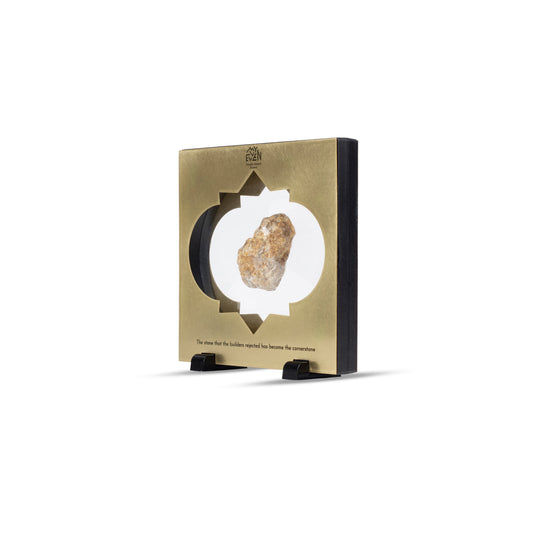Last week we celebrated the holiday of Purim.
The holiday’s name – Purim – is derived from the Persian word “pur” which means “lot”. “Therefore these days were called Purim, from the word pur. Because of… what had happened to them” (Esther 9, 26)
The customs of Purim include costuming, giving presents of food to one another, gifts to the poor, and reading the Scroll of Esther.
The inclusion of the Scroll of Esther as part of the Holy Bible is somewhat puzzling. It looks like a secular tale that contradicts the usual and the lessons learned from other stories of the Bible.
1. God’s name is absent and is not mentioned even once in the Scroll, even when it was expected to appear. For example, in Chapter 4 Mordecai encourages Esther to go to King Xerxes and try to cancel Haman’s edict: “For if you remain silent at this time, relief and deliverance for the Jews will arise from another place, but you and your father’s family will perish” (4, 14). The words “arise from another place” could be easily replaced by “by God”
(The Song of Songs is the only other book of the Bible from which God’s name is absent, and indeed its inclusion in the Bible was questioned by the sages as well)
2. No prayers are mentioned anywhere in the Scroll. Before the deliverance there is only a fast: “Go, gather together all the Jews who are in Susa, and fast for me... I and my attendants will fast as you do. When this is done, I will go to the king…” (4, 16). After the deliverance there is no praise or thanksgiving, but only feasting and joy: “Mordecai recorded these events, and he sent letters to all the Jews throughout the provinces of King Xerxes… to observe the days as days of feasting and joy and giving presents of food to one another and gifts to the poor” (9, 20).
Why does the Scroll conceal God and His part in the events that led to the miraculous deliverance of the Jews? Why is the story presented as a coincidence?
This concealment is hinted in the name of the Scroll. We know that Esther had a Jewish name – Hadassah: “Mordecai had a cousin named Hadassah, whom he had brought up because she had neither father nor mother. This young woman, who was also known as Esther…” (2, 7), however, except of this single reference, the story uses only the Babylonian name Esther.
It should be noted that the meaning of the word Esther in Hebrew is concealment (הסתר), and that the name of the Scroll could be understood as “the Scroll of Concealment”.
Sages suggest that the meaning of the name of the Scroll and the absence of God’s name from the story are aimed to teach us an important lesson: God is everywhere, anytime, even if we don’t notice it. He oversees and controls everything that is happening. Miracles are everywhere, even if they are concealed in the normal conduct of our world and are not extraordinary like the Ripping of the Red Sea. It is our role to adopt a new perspective and learn to recognize the miracles around us which demonstrate His unconditional love to us.









